If you’ve been bitten by the travel bug and are contemplating hitting the open road, chances are you’re weighing the pros and cons of RVs and motor coaches. Both offer unique experiences, but understanding their differences can help you choose the right option for your adventures.
Understanding the Basics: RVs and Motor Coaches
What is an RV?
An RV, or recreational vehicle, is a broad category that encompasses various types of vehicles designed for camping and travel. These can range from small camper vans to larger trailers that require towing.
What is a Motor Coach?
A motor coach, on the other hand, refers specifically to a self-propelled vehicle that combines transportation and living quarters. This category includes Class A, B, and C motorhomes, which are built on a truck or bus chassis.
Types of RVs and Motor Coaches
Types of RVs
- Travel Trailers: Towable RVs that range in size and amenities.
- Fifth Wheels: Trailers that require a special hitch installed in the truck bed.
- Pop-Up Campers: Lightweight and collapsible for easy towing.
- Van Conversions: Regular vans converted into living spaces.
Types of Motor Coaches
- Class A: The largest and most luxurious motorhomes.
- Class B: Compact and more maneuverable, often built on a van chassis.
- Class C: A hybrid option with a distinctive over-cab sleeping area.
Pros and Cons of RVs vs. Motor Coaches
Comparison Table
| Criteria | RVs | Motor Coaches |
|---|---|---|
| Cost | Can be more affordable; variety available | Higher initial investment but includes everything |
| Maintenance | Towing vehicle maintenance needed | Single vehicle to maintain |
| Space | Varies based on type; potentially limited | More spacious, especially in Class A |
| Convenience | Setting up can be cumbersome | Quick setup; no need to unhitch |
| Driving Experience | Driving may require towing knowledge | More like driving a bus; easier for some |
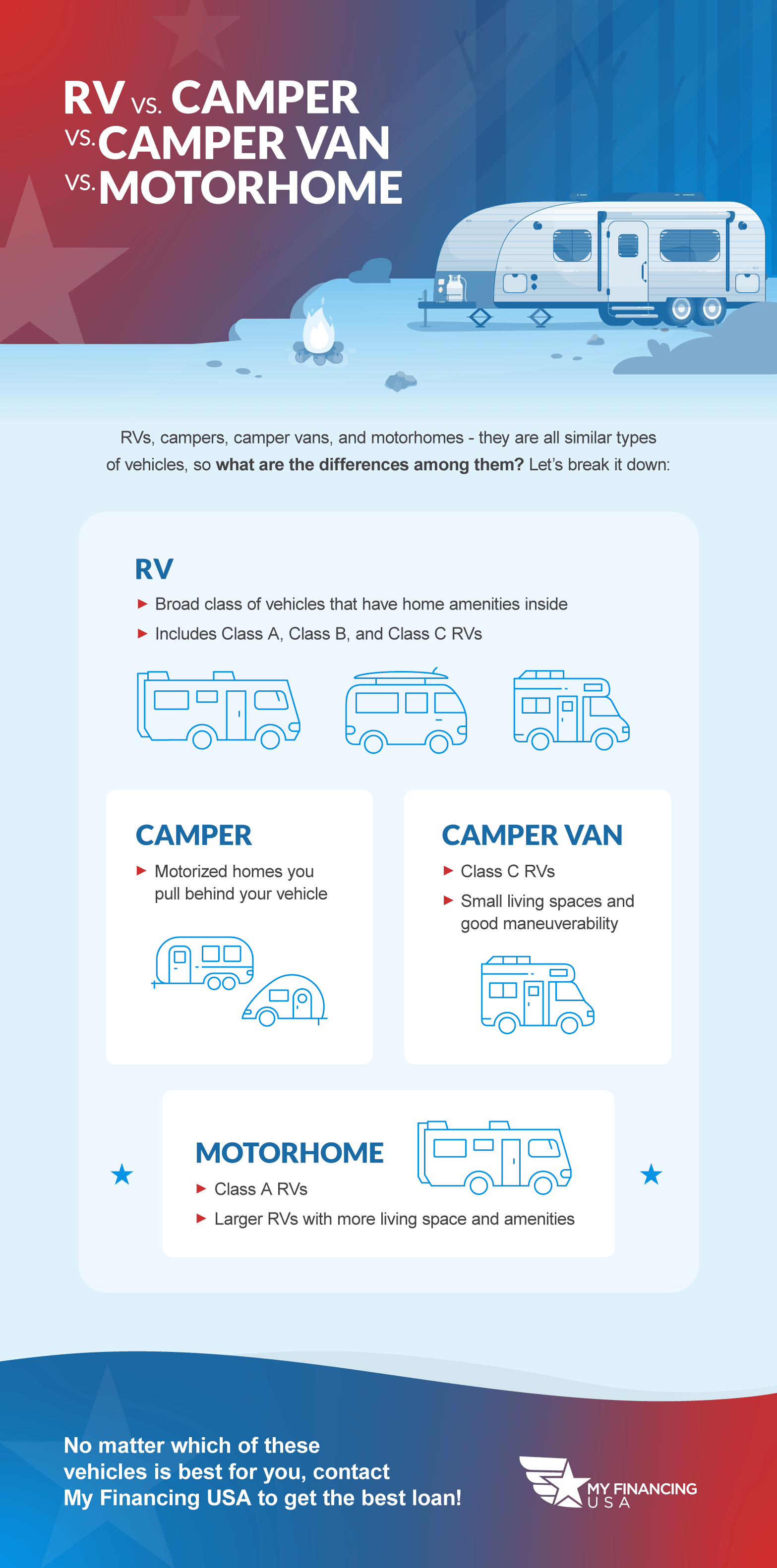
Costs and Budget Considerations
Choosing between an RV and a motor coach also involves a thorough understanding of costs involved. Here’s a breakdown:
Initial Purchase Costs
While RVs can start as low as $10,000, motor coaches often begin at $30,000 and can exceed $300,000 for high-end models.
Ongoing Expenses
Both RVs and motor coaches incur costs for maintenance, insurance, and fuel. Motor coaches generally have higher insurance premiums due to their size and value.
Resale Value
Consideration for future resale is vital. Generally, motor coaches hold their value better, especially luxury models.
Choosing the Right Option: Tips and Considerations
Identify Your Needs
Consider how often you plan to use your RV or motor coach, the type of travel you prefer (family outings versus solo adventures), and desired amenities.

Test Your Options
Before making a decision, rent both types for a weekend. This real-world experience will provide insights that researching cannot.
Consult with Enthusiasts
Join forums or local clubs to discuss your interests with other RVers and motor coach owners. Their experiences and recommendations can guide your choice.
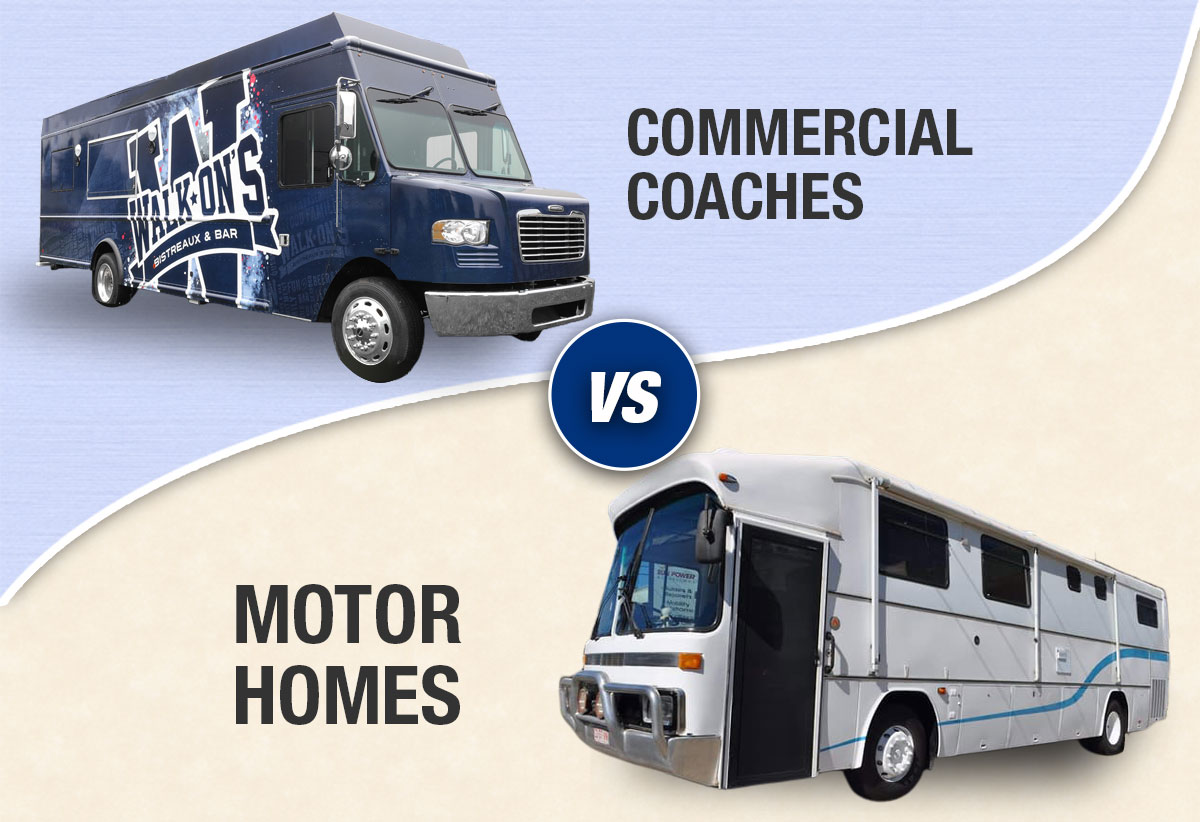
Local Experiences and Cultural Insights
Exploring local attractions and experiences plays a significant role in the RV versus motor coach debate. Imagine your family gathering around a campfire in a national park or enjoying a beachside campsite in Florida!
Popular Destinations for RVs and Motor Coaches
- Yosemite National Park: Stunning views and family-friendly campgrounds.
- Florida’s Gulf Coast: Beautiful beaches with various RV parks available.
- Route 66: An iconic road trip that’s perfect for both RVs and motor coaches.
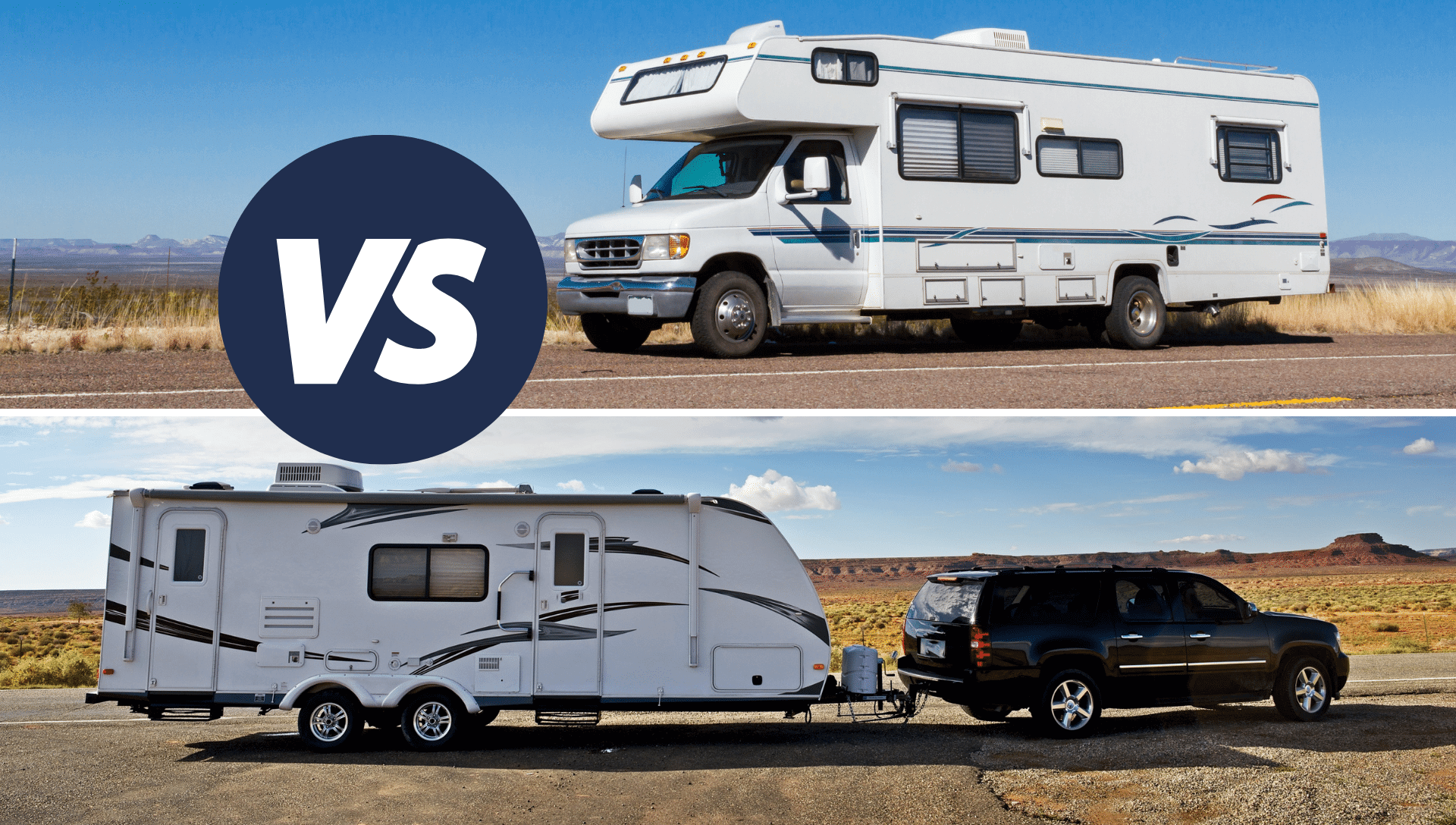
Technological Advancements
Smart RV Technology
Modern RVs and motor coaches are equipped with smart technology, improving efficiency and enhancing the travel experience. Features such as mobile apps for monitoring systems, GPS tracking, and solar power integration are increasingly common.
Connectivity Solutions
Wi-Fi boosters and satellite internet service allow travelers to remain connected no matter where they roam. This is especially crucial for those working remotely while on the road.
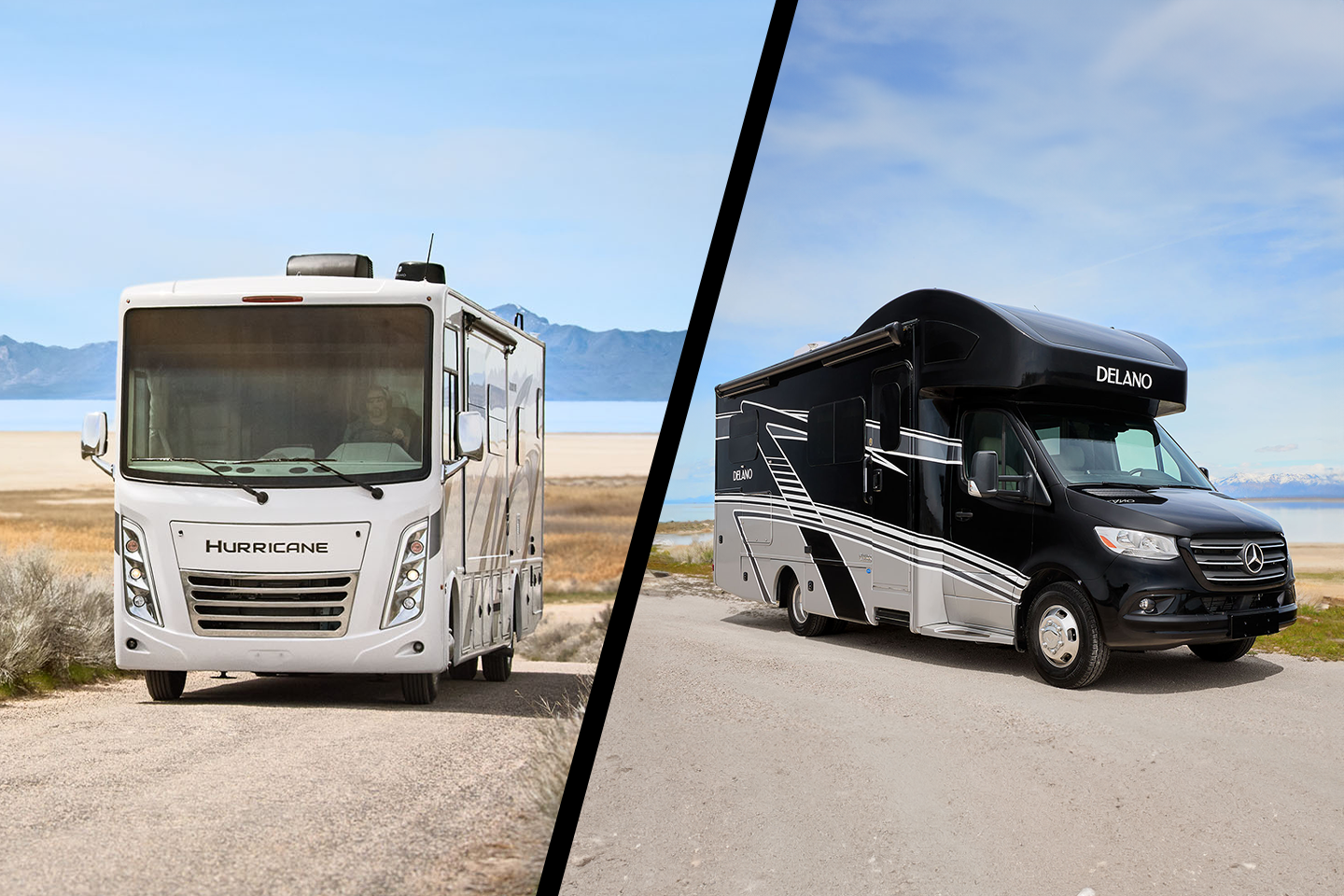
FAQs: RV vs Motor Coach
What is the main difference between an RV and a motor coach?
The main difference is that an RV encompasses various types of recreational vehicles (including trailers and motorhomes), while a motor coach specifically refers to self-propelled motorhomes.
Are motor coaches more luxurious than RVs?
Generally, motor coaches (especially Class A) are designed with luxury in mind, offering high-end finishes, larger spaces, and more amenities compared to many RVs.
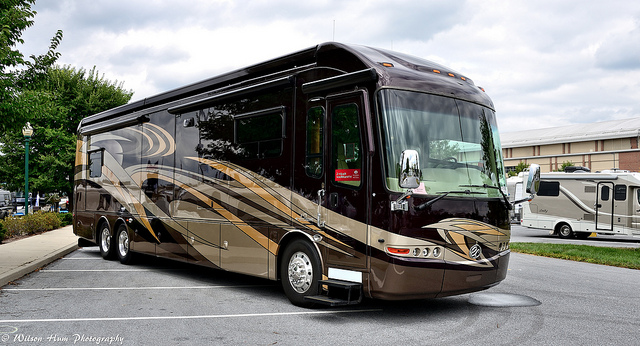
Which option is better for families?
This depends on your family’s needs. Motor coaches typically provide more space and convenience, while RVs may offer more flexibility in terms of travel arrangements.
How much should I budget for maintenance?
Maintenance costs will vary based on the type and age of the vehicle but expect to budget 10-15% of the purchase price each year for upkeep, insurance, and repairs.

Conclusion
Both RVs and motor coaches offer unique and fulfilling travel experiences. By understanding their distinctions, costs, and your personal travel needs, you can make a well-informed decision that will lead to countless adventures on the open road. Whether you choose a vintage RV to explore rustic campgrounds or a luxurious motor coach for cross-country travel, the journey ahead awaits!